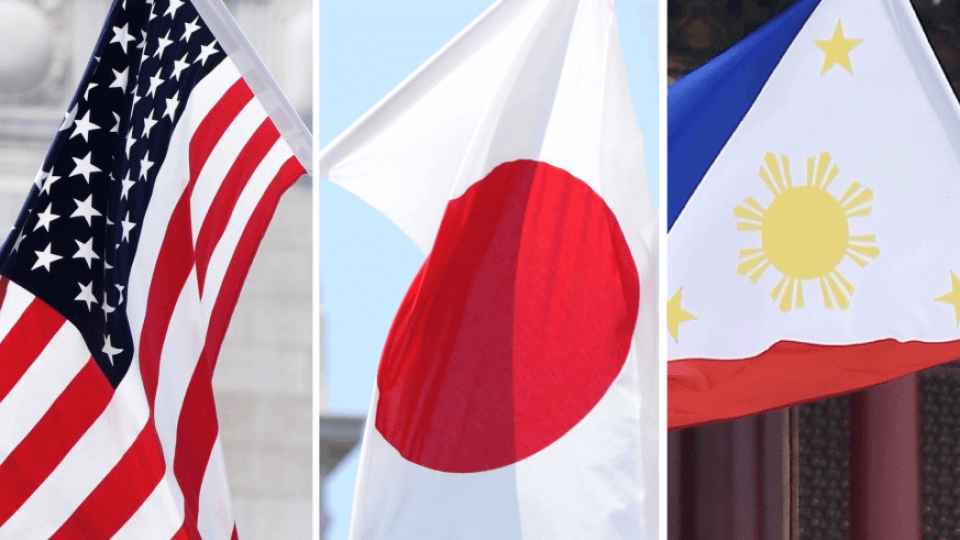Leaders of the US, Japan, and the Philippines will convene next week to discuss recent incidents in the South China Sea, Manila’s foreign ministry announced on Friday.
The summit aims to address not only economic relations but also the escalating tensions in the Indo-Pacific region.
Concerns Over China’s Aggressiveness
The forthcoming summit is not specifically targeted at any country, Philippines’ acting foreign affairs undersecretary Hans Mohaimin Siriban clarified during a press conference. “We can expect an alignment of views among the three countries on the recent incidents,” Siriban said, adding that the allies will likely also release a “joint vision statement” on their diplomatic relations.
However, the three participating nations have expressed growing apprehension over China’s assertive actions in the South China Sea. In an interview with Nikkei Asia ahead of the historic three-way summit, Japanese PM Fumio Kishida said: “We need the US to remain engaged in the Asia-Pacific region.” “We also face the reality that China is increasing its presence in the region. Other countries expect Japan to increase its presence and provide an attractive alternative for Asian countries in areas in which Japan is strong so that they can make a choice that works best for them.”
The Philippines will hold joint naval drills with the US, Japan and Australia, diplomatic sources tell AFP, as the four countries deepen military ties to counter China's expanding influence in the Asia-Pacific region.https://t.co/UaITs3fW5b
— AFP News Agency (@AFP) April 4, 2024
Collaboration in Key Sectors
Additionally, Kishida highlighted the significance of joint efforts in areas such as semiconductors, digitalisation, communication networks, clean energy, and critical minerals. He underscored Japan’s commitment to assuming a more prominent role in the Asia-Pacific region and offering viable alternatives for Southeast Asian countries, particularly the Philippines.
Rising China’s Influence and Regional Dynamics
The summit comes against the backdrop of increasing Chinese influence in the region.
In December, Philippine President Ferdinand Marcos Jr. slammed China’s “dangerous actions” in the region, calling them an “outright and blatant violation of international law.” Earlier in December, the Philippine Coast Guard said it was monitoring the “illegal presence” of more than 135 Chinese military vessels at a reef in the disputed South China Sea.
Concurrently, a recent survey conducted by a Singapore-based think tank revealed a preference among over half of Southeast Asian respondents to align with China over the US if forced to choose between the two superpowers.

